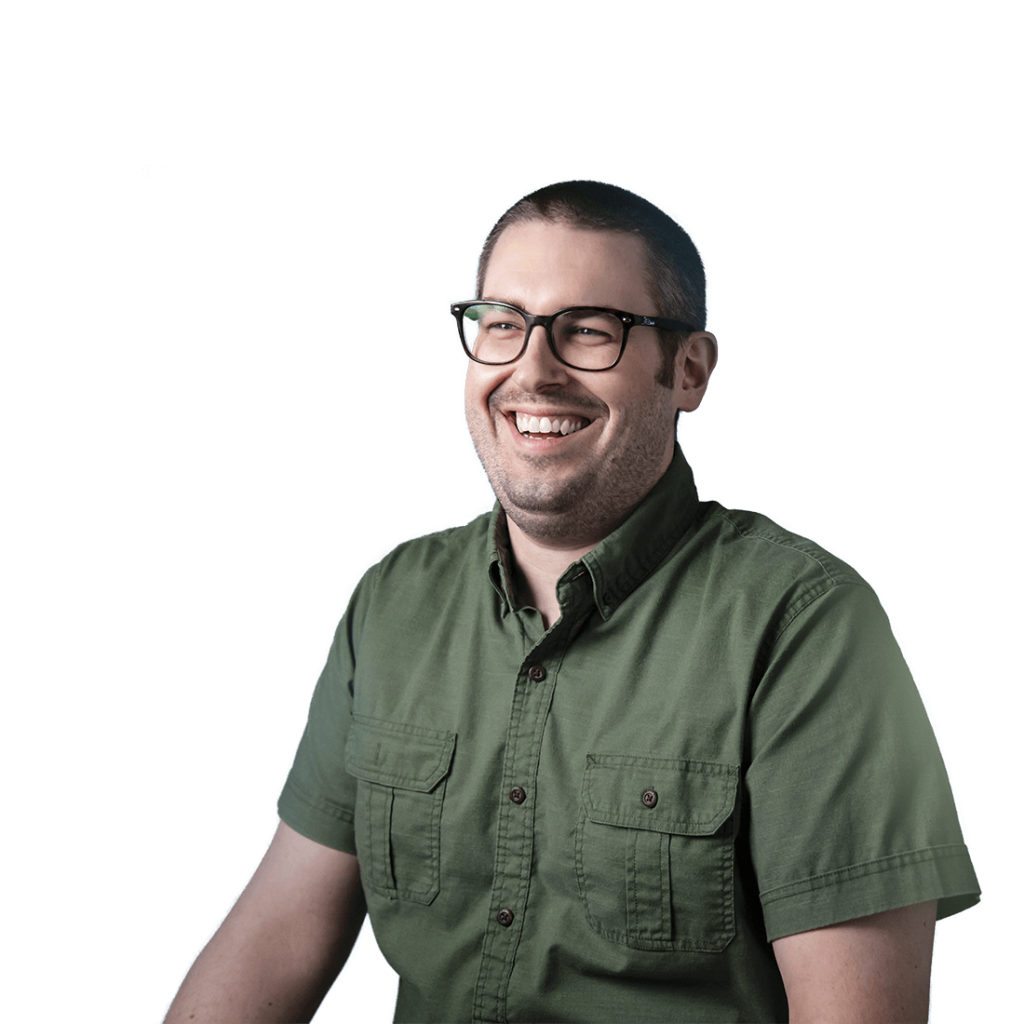An exciting breakthrough for treating COVID brain fog.
As we’ve learned from more than a year of dealing with COVID-19, the symptoms and side effects can vary widely from person to person. Because COVID-19 is a respiratory virus, some symptoms, like chest pain and coughing, are to be expected. But others, like brain fog, are more puzzling. Many people who’ve recovered from COVID-19 have reported not feeling like themselves and experiencing short-term memory loss, confusion, and an inability to concentrate – also known as brain fog.
“Brain fog” is an umbrella term used for a broad set of cognitive symptoms. These are experienced by many people who have recovered from COVID-19. In some cases, symptoms linger for months, and in most cases, the exact reason is unknown.
About Akili Interactive.
In 2020, Akili Interactive became the first video game–based therapy to receive FDA clearance to improve attention in children with ADHD and enhance cognitive function. Akili is combining scientific and clinical experience with the ingenuity of the tech and entertainment industries to challenge the existing state of medicine. Now, the digital health startup is determining if their technology could help patients experiencing brain fog after recovering from COVID-19.
According to a recent study published by Northwestern University researchers, 85% of COVID “long-haulers” or “long COVID-19” patients who were never hospitalized experienced four or more neurological symptoms like attention and memory problems, loss of smell, headaches, and blurred vision. When researchers learned that a number of challenges included loss of ability to maintain attention, processing speed, and working memory, Akili Chief Medical Officer Anil Jina, MD, wanted to find out if a game-centered treatment could help.
Boston-based Akili Interactive is collaborating with Weill Cornell Medicine, NewYork-Presbyterian Hospital, and Vanderbilt University Medical Center to assess the company’s digital therapeutic, AKL-T01, as a possible treatment for patients experiencing COVID brain fog. The software provides challenges and stimuli that concentrate on the brain’s neural systems linked to focus, cognitive function, and multitasking.
Study designs.
Akili plans to work side by side with the research teams at each institution to conduct two separate randomized, controlled clinical studies. They will evaluate AKL-T01’s ability to target and improve cognitive function in COVID-19 survivors who’ve experienced a deficit in cognition.
The Cornell and Vanderbilt studies are designed slightly differently while sharing several parameters. Both will include roughly 100 COVID-19 survivors to determine if Akili’s digital therapeutics can improve cognitive function. The Cornell study is six weeks long, with four weeks of follow-up; the patients in the Vanderbilt study will receive four weeks of treatment. Half of the patients in both studies will receive treatment, and the other half will serve as a control. Both studies will be conducted remotely in patient’s homes.
Treatment protocol.
The treatment protocol calls for patients to play Akili’s therapeutic game, EndeavorRx®, which challenges users to gather specific targets while navigating a scene, like a frozen river. Akili says the game is designed to supply challenges that activate the neural systems that play an important role in attention; the game continuously adjusts as the user’s skill improves.
A pivotal moment for science.
This could be an exciting breakthrough for those living with COVID brain fog and other cognitive impairments. In addition to their specific goals, trials like these help researchers push the boundaries of treatment. The hope is that this will impact the way medicine is designed and delivered.
As COVID continues to linger and new variants emerge, it’s more critical than ever that clinical trials play a role in the development of treatments. For more about this and other COVID trials, get in touch.

